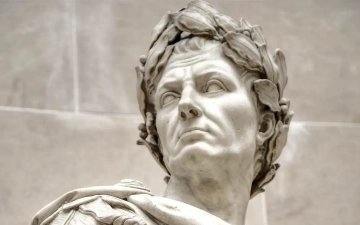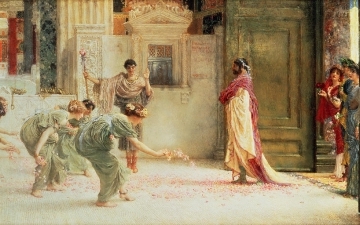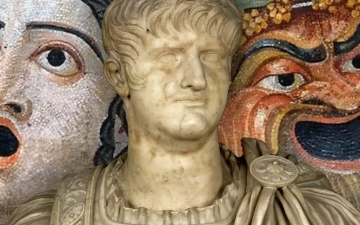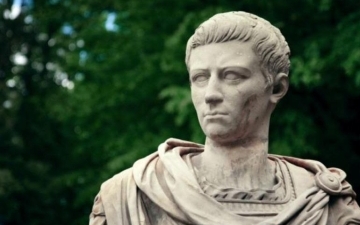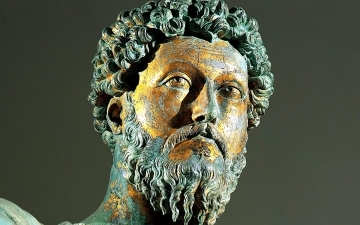Severus Alexander: The Emperor Who Faced Down Crisis and Attempted to Restore Order
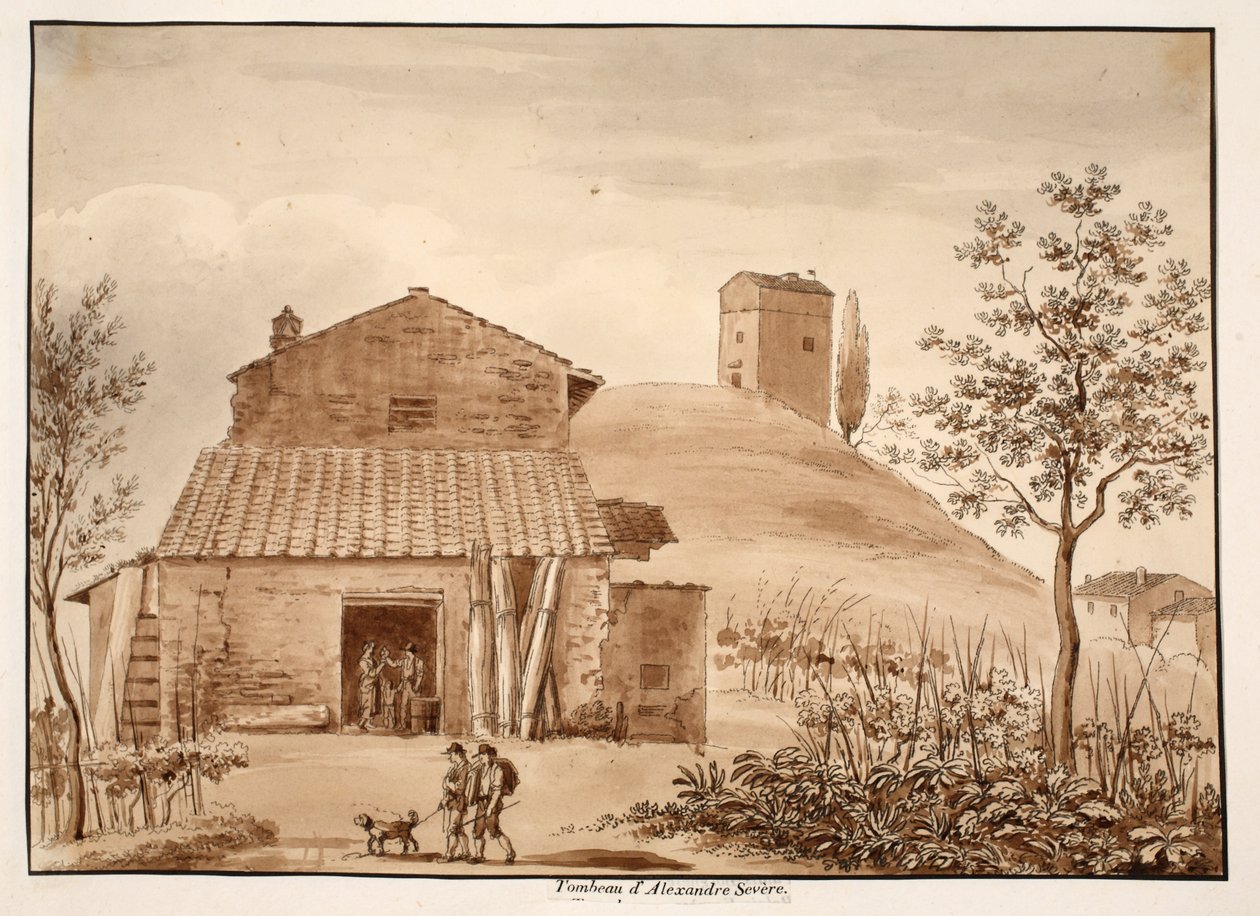
Severus Alexander, often overshadowed by the more flamboyant and controversial emperors who preceded him, was a ruler who ascended to the imperial throne at a time of profound crisis. His reign, while ultimately brief, was marked by a determined effort to restore order and stability to the Roman Empire.
Grandson of Septimius Severus, Alexander was a young and inexperienced emperor when he assumed power in 222 AD. Yet, he possessed a surprising degree of wisdom and maturity beyond his years. His reign was characterized by a strong emphasis on traditional Roman values and a commitment to good governance.
One of the most pressing challenges facing Alexander was the deteriorating economic situation. The empire was burdened by heavy taxation, inflation, and a declining currency. To address these issues, the young emperor implemented reforms aimed at reducing government spending and increasing revenue. He also sought to stabilize the currency by reforming the monetary system.
Another major challenge was the growing threat posed by barbarian invasions along the empire's borders. The Germanic tribes were becoming increasingly aggressive, and the Parthians in the east continued to be a persistent menace. Alexander, though not a seasoned general like his ancestors, was determined to protect the empire's frontiers. He led several campaigns against the Germanic tribes, achieving mixed results. While he managed to repel some incursions, the overall situation remained precarious.
Despite his efforts to address the empire's problems, Alexander faced significant opposition. His mother, Julia Mamaea, wielded considerable influence over her son, and her involvement in state affairs alienated many in the Roman elite. Moreover, the military, accustomed to the lavish rewards and privileges bestowed by previous emperors, resented Alexander's frugal policies.
The culmination of these challenges came in 235 AD, when a rebellion erupted among the Roman legions stationed in Gaul. The rebels proclaimed Maximinus Thrax, a brutal but charismatic general, as emperor. Alexander and his mother were captured and executed, bringing a tragic end to a reign that had shown promise but ultimately proved insufficient to overcome the empire's deep-seated problems.
Severus Alexander's reign is often viewed as a brief interlude of relative peace and stability in an increasingly turbulent era. While he may not have been a charismatic or dynamic leader, his commitment to good governance and his efforts to address the empire's economic and military challenges deserve recognition. His untimely death marked the beginning of a period of intense crisis known as the Third-Century Crisis, a time of civil war, economic collapse, and barbarian invasions that would test the Roman Empire to its limits.
Related Posts
Augustus: The Architect of Imperial Rome’s Golden Age
In the grand tapestry of ancient Rome's history, one name stands out as a pivotal figure who played a transformative role in shaping the destiny of an empire. That name is Augustus, the first Roman Emperor, whose reign marked the beginning of a remarkable era known as the Pax Romana...
Read MoreBonsai Trees: The Art, Care, and Beauty of Miniature Trees
Bonsai trees are more than just plants—they are living works of art, shaped and nurtured over time to reflect nature’s beauty in miniature form. Originating from ancient Asian traditions, bonsai trees symbolize harmony, patience, and balance, making them a meaningful and meditative hobby for plant lovers worldwide. Whether you're a...
Read MoreCaracalla: The Emperor of Bloodshed and the Architect of Roman Citizenship
Caracalla, son of the formidable Emperor Septimius Severus, is a complex and contradictory figure in Roman history. Often remembered for his brutality and paranoia, he is equally renowned for one of the most far-reaching edicts in Roman law. His reign was marked by a tumultuous blend of violence and reform. Shortly...
Read MoreNero: The Notorious Emperor Who Fiddled While Rome Burned
The name Nero is synonymous with tyranny, extravagance, and the infamous image of an emperor who, according to legend, played the fiddle while Rome was engulfed in flames. Nero's reign is a dark chapter in the history of the Roman Empire, marked by cruelty, decadence, and the disastrous Great Fire...
Read MoreCaligula: Madness and Infamy in the Roman Empire
The name Caligula is synonymous with madness and infamy in the annals of Roman history. Gaius Julius Caesar Augustus Germanicus, known as Caligula, was the third Roman Emperor, and his tumultuous reign left an indelible mark of cruelty, debauchery, and tyranny. In this article, we delve into the life and...
Read MoreMarcus Aurelius: Philosophy and Leadership in the Midst of Turmoil
In the annals of Roman history, the name Marcus Aurelius stands as a symbol of wisdom, Stoic philosophy, and leadership during times of great adversity. His reign as Emperor from 161 to 180 CE coincided with challenging periods for the Roman Empire, including external threats and internal strife. In this...
Read More

















